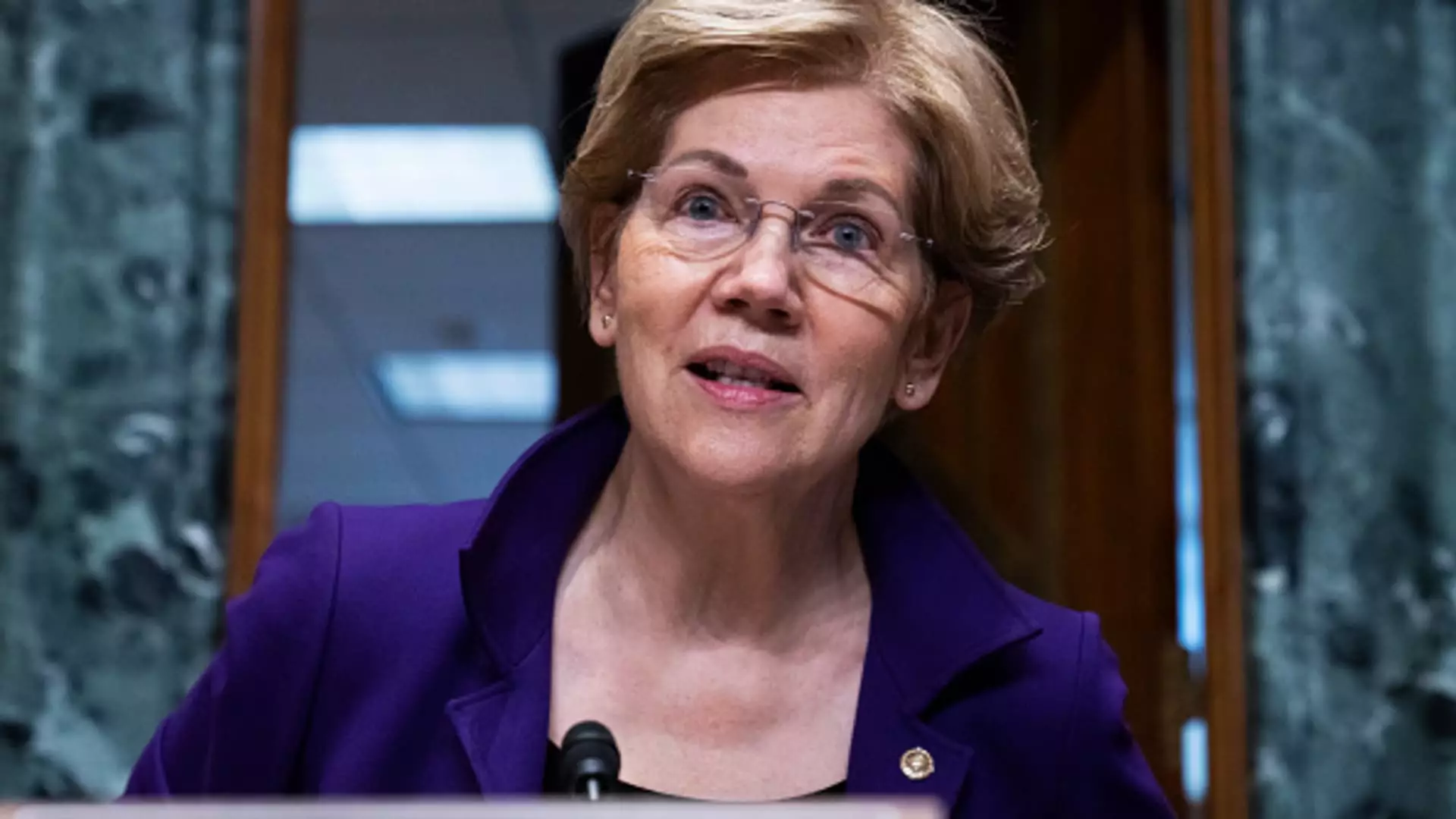The recent transition of student loan accounts from NelNet to Mohela has raised significant concerns, particularly regarding consumer credit reporting inaccuracies. In 2023, this shift resulted in widespread administrative failures, culminating in millions of errors that have adversely affected borrowers. A letter sent by U.S. lawmakers, including prominent figures such as Senator Elizabeth Warren, highlighted the chaos and confusion stemming from the transfer. The ramifications of these issues have been extensive, showcasing stark deficiencies in communication and management across loan servicers and credit reporting agencies.
According to investigations conducted by Senators Warren and Ron Wyden, nearly two million instances of duplicated student loan records surfaced in borrower credit reports during this transition. The consistent patter of misreporting not only undermined trust in the student loan servicing system but also severely impacted the credit scores of hundreds of thousands of individuals. These inaccuracies persisted for an alarming period of up to 18 months, creating barriers for borrowers in obtaining essential financial products such as mortgages or auto loans.
The lawmakers asserted that failure in oversight by Mohela meant that critical information regarding loan transfers was not communicated effectively to credit reporting firms. As a result, borrowers were faced with the disheartening reality of seeing their balances reported multiple times, a situation that few can withstand without facing dire consequences, particularly in dealing with future credit decisions.
In their appeal to the Consumer Financial Protection Bureau (CFPB) and the Department of Education, legislators emphasized the need for both agencies to exercise their supervisory and enforcement powers. The call for accountability stems from the evident oversight not only on the part of the loan servicers but also within the credit reporting system, which allowed erroneous data to proliferate unchallenged. It is paramount that investigations into these serious reporting discrepancies shed light on the systemic failures that contributed to this crisis.
Furthermore, the letter detailed that more than 100,000 cases were identified where these errors had significantly reduced credit scores, with some borrowers suffering declines exceeding 20 points. This is particularly alarming in a financial landscape where credit scores dictate economic opportunities.
Despite the gravity of the situation, both NelNet and Mohela were notably reticent in addressing the concerns raised by lawmakers. Their lack of immediate commentary raises further questions about their commitment to rectifying the issues at hand. In contrast, the credit reporting companies acknowledged the presence of duplicate balances but stated that these instances have been resolved—though the nature and validity of such resolutions remain unclear.
Amidst chaos, borrowers have actively sought to rectify the inaccuracies, filing approximately 7,500 complaints to Mohela and the credit reporting agencies. Such a high volume of concerns demonstrates the widespread disruption caused by these errors, underscoring the urgent need for effective remedies and protective measures for consumers navigating an already turbulent financial landscape.
The implications of the flawed transfer of student loan accounts from NelNet to Mohela go far beyond mere inconvenience; they highlight substantial failures within financial systems intended to serve borrowers. As lawmakers push for investigations and accountability, it remains crucial that both government agencies and loan servicers prioritize transparency and reliability. Addressing the underlying issues is not merely a legal obligation but an ethical imperative to restore faith in the financial systems impacting millions of Americans.

